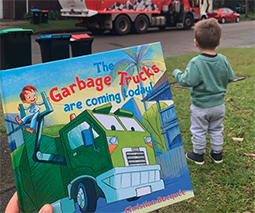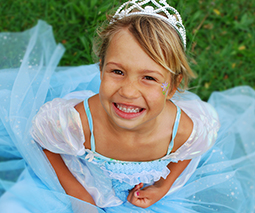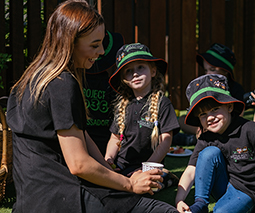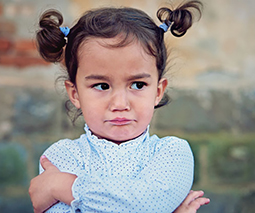Kids “stifled” by too many overprotective play rules, experts say
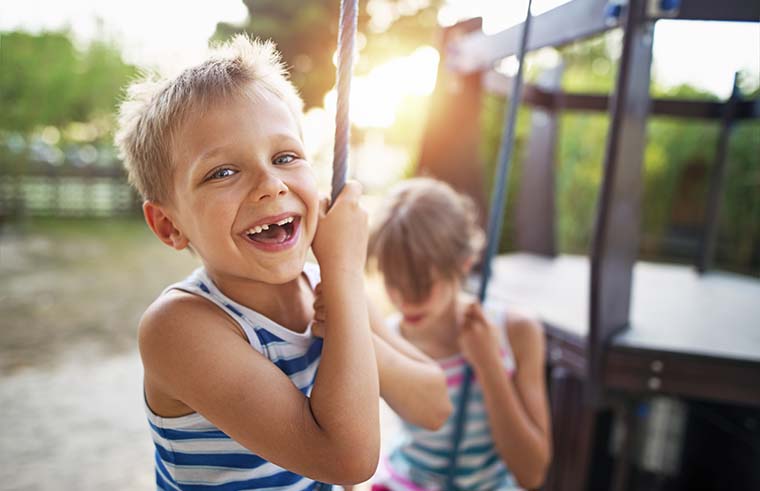
A report from the UK suggests that kids’ development is being stifled by the very rules and regulations designed to protect them from harm and help them thrive.
Cotton wool kids?
Many Australian parents will be nodding wildly as they read this news. It was only recently we were told that monkey bars were being slowly removed from playgrounds due to the risk of injury they pose. Trampolines and slides have also recently made headlines.
The UK’s Office for Standards in Education, Children’s Services and Skills – known as OFSTED – says that in some cases we are wrapping kids in cotton wool to their detriment. Their new report suggests that “undue” health and safety concerns are negatively impacting children’s development and growth, and the policing of children’s play is taking a toll.
“Regulations and, in particular, health and safety requirements” can result in education providers “compromising on the substance of their provision” the report stated.
“We know that in the early years, a crucial part of preparing children for school is developing their muscular strength and dexterity. The best nurseries recognise this and encourage children to be busy and active.”

Kids development is being stifled
But OFSTED notes that pressure to manage children’s safety may deny kids the chance to explore and take risks that help them learn and grow. They say children’s curiosity is often “stifled by undue concerns about the risk and safety of such activities.”
“While it is a basic expectation of any institution that cares for children to carry out proper risk assessments, some level of risk is an essential part of childhood,” OFSTED say.
“Without it, we stifle children’s natural inquisitiveness and their opportunities to learn and develop and deny them those opportunities to build that muscular strength and dexterity.”
Avoiding ‘risks’ has other consequences
“In some cases, children are not allowed to play on a climbing frame, or are not taken on day trips, because early years providers are frightened of the ramifications,” The Independent says in a piece on this report.
“A lack of physical activity can make it harder for children to write, while a narrower experience of the outside world can limit their vocabulary”, a senior Ofsted official warned.
OFSTED urged early childhood educators to strike a balance between vigilance and adventure.
“We hope that nurseries and other childcare settings take a common sense approach to managing risk,” their report said.
That sounds like common sense advice for parents too.
 Need some support to be the best parent you can be? Our Parent School parent coaching experts can help. Click to find out more or book a one-on-one session.
Need some support to be the best parent you can be? Our Parent School parent coaching experts can help. Click to find out more or book a one-on-one session.


